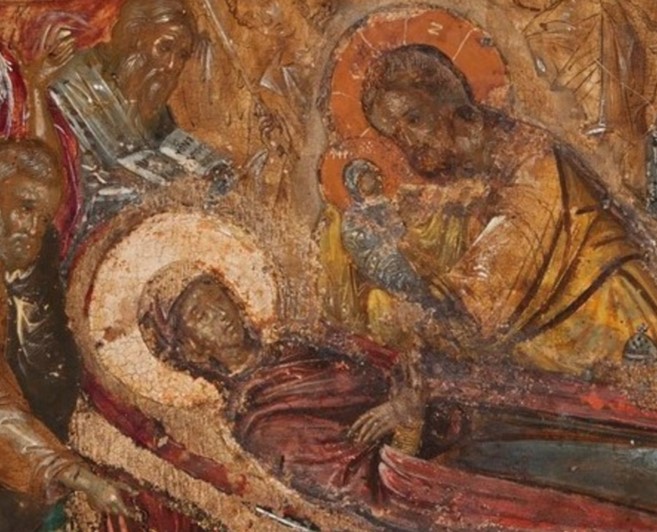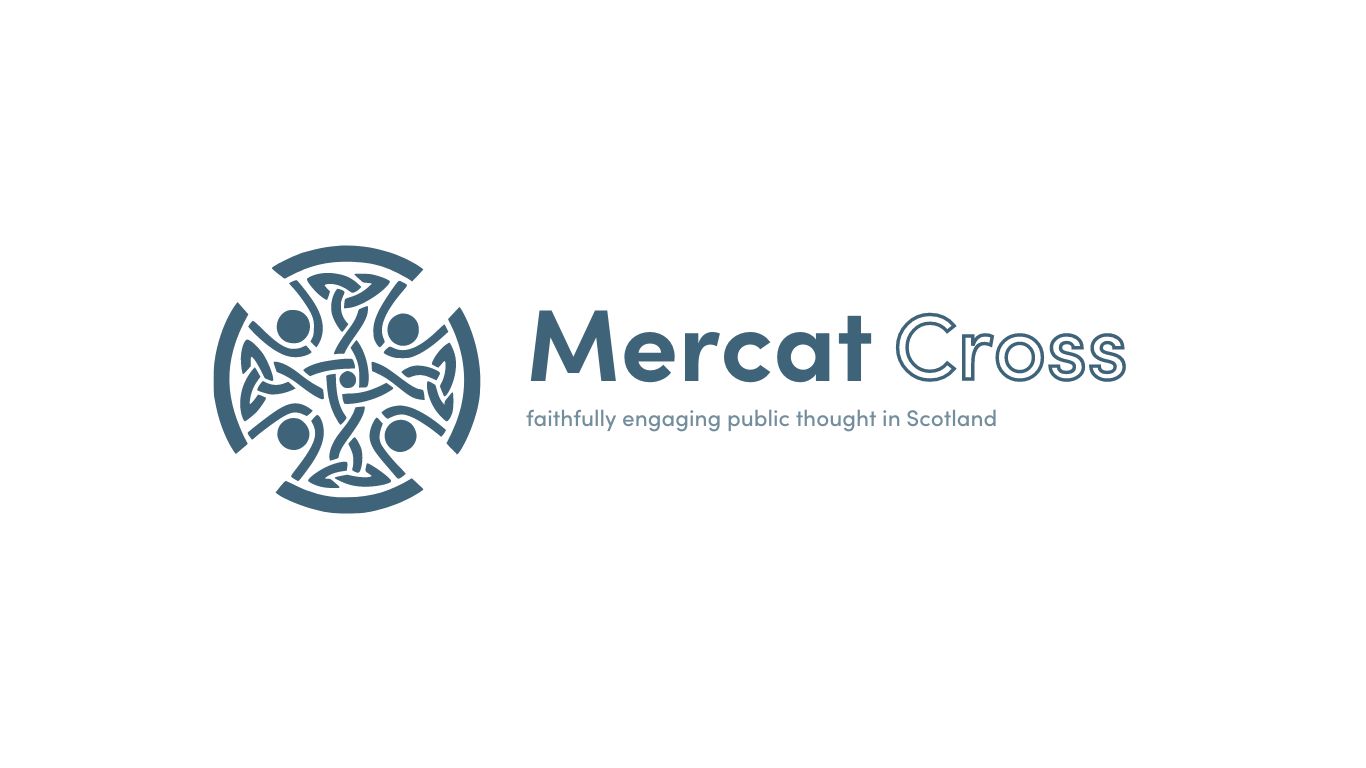
A Thomistic Theological Anthropology of Loneliness and Belongingness
Samuel Norman considers the different types of loneliness and belonging that we feel and experience, in an insightful piece that is based on Thomastic theology.

Christian Democracy, Post-Liberalism and the Populist Authoritarian Right
Dr W. Elliot Bulmer is a constitutionalism, democracy and governance consultant based in Dunblane.
How does Christian thinking fit within our democratic and party structure in Britain today?

Land: Because Where We Stand Matters
Stuart C Weir, Scottish Theologian
Place matters. Place should matter a lot more than it does in the Christian psyche and in Christian practice because where we stand, eat, work, sleep and play matters to God.

Need Not Fear: Addressing the Private-Public Gap in Christian Attitudes toward the Public Square
Timothy W. Taylor, Ph.D, Associate Professor of Politics and International Relations Wheaton College
Scotland has experienced a rapid and concerning shift towards secularization. For the first time, a majority of Scots now claim no religious affiliation, a significant rise from 37 percent in 2011, with only 39 percent identifying as Christians. Although some may predict a continued decline in church attendance, recent evidence provides hope for Christian Scots.

P J Hill Professor of Economic Emeritus, Wheaton College
Modern capitalism is a significant part of the everyday experience of many Christians. Therefore it is important for believers to appropriately evaluate this particular social structure. In this essay I argue that the use of markets as a system of social coordination can be a morally appropriate activity from the perspective of Christian ethics. Genesis 1:28 and 2:15 provide a mandate for this human activity in transforming the earth, and market activity is an important part of that form of stewardship

What Scotland’s Evangelical Past Can Teach Us About Its Evangelical Present – And Future
Andrew M. Jones, Ph.D.
Assistant Professor of History, Reinhardt University
The missionary emphasis of nineteenth-century evangelicalism, which involved both social action at home and evangelisation abroad, was driven by the personal and communal enthusiasm to spread the gospel in word in deed. That enthusiasm often reached increased levels following local, regional, or national revival movements like the ones that impacted Scotland in the second half of the century. Thus the support for missions, both in terms of fundraising and personnel, was often seen as a metric by which to judge the spiritual temperature of the national Church.

Matthew J. Milliner professor of art history at Wheaton College
Where can we go to visualize the best imagined future of the pro-life movement? When my students ask me this, I direct them to images of the Visitation of Mary and Elizabeth, such as this freestanding statue from The Metropolitan Museum of art. Jeweled wombs show the preciousness of what lies within Mary and Elizabeth, and every pregnant woman before or after them.

Crossing the Rubicon: The potential consequences of Assisted Dying legislation in Scotland.
Dr Robin Taylor, Emeritus Professor of Medicine and Consultant Physician
I believe that far from being on the right lines, conceding that healthcare professionals ought in some circumstances to facilitate or procure the death of a patient as their primary intention, crosses a red line. That red line has existed for millennia and is there for good reasons.

Rev. David J. Nixon, Associate Pastor, Carrubbers Christian Centre
We are Christians – we are to follow Christ, not our temperaments – as we strive to live in this post-Christian world, while remaining distinct from it. Without a doubt this is a challenge, but it is the one that God has entrusted to this generation, and we would do well to learn from those who have walked a similar road in pre-Christendom days. May God help us and keep us faithful!
